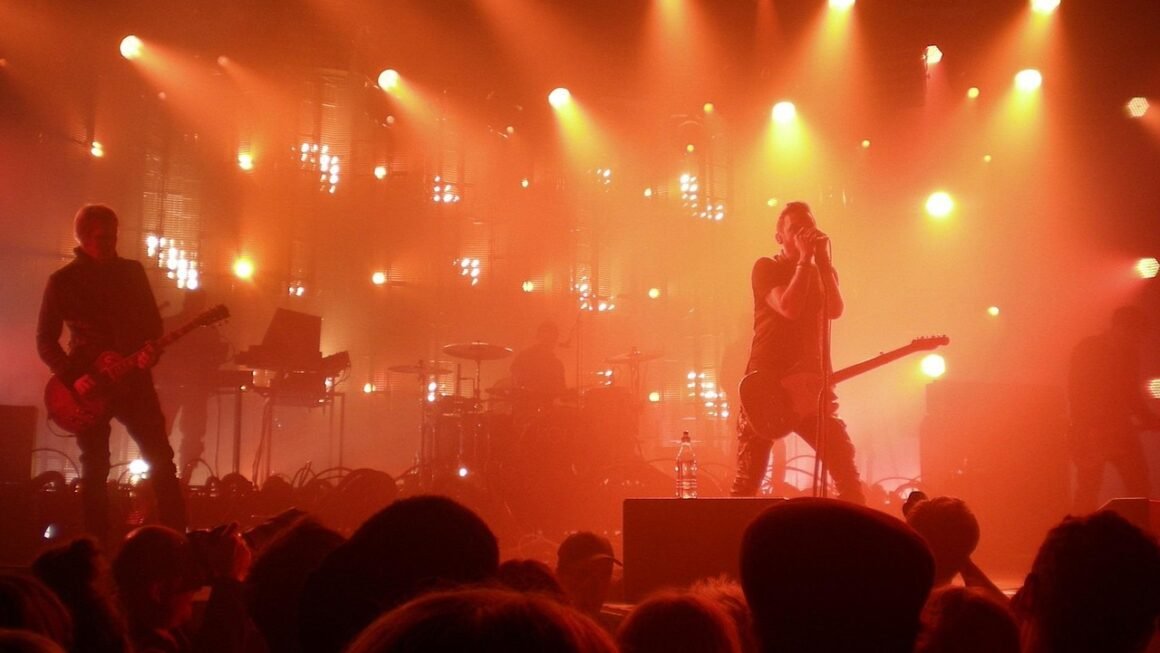Festivals: vibrant celebrations that paint the world with color, music, and tradition. From ancient harvest rituals to modern music extravaganzas, festivals offer a unique window into cultures, communities, and shared human experiences. Whether you’re a seasoned festival-goer or planning your first adventure, understanding the essence and variety of festivals can enrich your travel experiences and broaden your understanding of the world.
The Enduring Appeal of Festivals
A Celebration of Culture and Community
Festivals are more than just parties; they’re vital expressions of cultural identity. They provide a platform for communities to showcase their traditions, beliefs, and artistic talents.
- Reinforcement of Identity: Festivals reinforce a community’s shared history and values.
- Transmission of Knowledge: They are a living classroom where traditions, skills, and stories are passed down through generations.
- Social Cohesion: Festivals bring people together, fostering a sense of belonging and shared purpose.
For example, the Diwali festival in India, known as the “Festival of Lights,” celebrates the victory of good over evil and is marked by elaborate decorations, delicious food, and family gatherings, reaffirming Hindu cultural values. Similarly, the Carnival of Rio de Janeiro is a vibrant explosion of Brazilian culture, featuring samba parades, music, and street parties that attract millions of people and showcase the country’s artistic spirit.
Economic and Social Benefits
Festivals contribute significantly to local economies and social well-being.
- Tourism Revenue: Festivals attract tourists, boosting local businesses like hotels, restaurants, and shops. A study showed that music festivals contribute billions to the global economy annually.
- Job Creation: Festivals create temporary and sometimes permanent jobs in event management, hospitality, and entertainment.
- Community Development: Festivals can drive investment in infrastructure and public services, improving the quality of life for residents.
The Edinburgh Fringe Festival, the world’s largest arts festival, is a prime example, attracting thousands of performers and visitors each year, generating substantial revenue for the Scottish economy and fostering a vibrant arts scene.
Types of Festivals Around the World
Religious Festivals
Religious festivals are deeply rooted in spiritual beliefs and practices, often commemorating significant events in religious history.
- Christmas: Celebrates the birth of Jesus Christ, marked by religious services, gift-giving, and festive meals.
- Eid al-Fitr: Marks the end of Ramadan, the Islamic holy month of fasting, celebrated with prayers, feasts, and charitable giving.
- Holi: A Hindu festival of colors, celebrating the arrival of spring and the triumph of good over evil.
Music Festivals
Music festivals offer a diverse range of genres and experiences, from intimate gatherings to massive spectacles.
- Glastonbury (UK): One of the world’s largest and most iconic music and performing arts festivals, featuring a diverse lineup of musicians, artists, and performers.
- Coachella (USA): A popular music and arts festival held in California, known for its trendy atmosphere and high-profile acts.
- Tomorrowland (Belgium): A massive electronic dance music (EDM) festival, attracting hundreds of thousands of attendees from around the globe.
Cultural Festivals
Cultural festivals celebrate the unique traditions, arts, and heritage of a particular region or community.
- Oktoberfest (Germany): A traditional Bavarian festival celebrating beer, food, and music.
- Dia de los Muertos (Mexico): A Day of the Dead celebration, honoring deceased loved ones with colorful altars, food, and parades.
- Chinese New Year: A vibrant celebration marking the beginning of the lunar new year, featuring lion dances, fireworks, and family gatherings.
Planning Your Festival Experience
Choosing the Right Festival
Consider your interests, budget, and travel preferences when selecting a festival.
- Interests: What type of music, art, or culture do you enjoy?
- Budget: How much are you willing to spend on tickets, accommodation, and travel?
- Location: Do you prefer a local festival or one that requires international travel?
- Reviews: Read reviews and testimonials from previous attendees to get an idea of the festival’s atmosphere and organization.
Essential Preparation Tips
Proper preparation is key to having a safe and enjoyable festival experience.
- Book in Advance: Tickets and accommodation often sell out quickly, so book well in advance.
- Pack Appropriately: Check the weather forecast and pack accordingly, including comfortable shoes, sunscreen, and rain gear.
- Stay Hydrated: Drink plenty of water, especially in hot weather.
- Be Aware of Your Surroundings: Keep an eye on your belongings and be mindful of your surroundings to avoid theft or other issues.
- Respect Local Customs: Be respectful of local customs and traditions.
Festival Etiquette
Following festival etiquette ensures a positive experience for everyone.
- Be Respectful: Treat fellow attendees, performers, and staff with respect.
- Clean Up After Yourself: Dispose of your trash properly and keep the festival grounds clean.
- Follow the Rules: Adhere to the festival’s rules and regulations.
- Be Mindful of Others: Be aware of your surroundings and avoid blocking pathways or obstructing views.
Emerging Trends in the Festival Industry
Sustainability and Eco-Friendliness
Many festivals are now prioritizing sustainability and eco-friendliness to minimize their environmental impact.
- Waste Reduction: Implementing recycling programs and reducing single-use plastics.
- Renewable Energy: Using solar power or other renewable energy sources to power the festival.
- Sustainable Transportation: Encouraging attendees to use public transportation or carpool to the festival.
- Local Sourcing: Sourcing food and materials locally to reduce carbon emissions.
Technology Integration
Technology is playing an increasingly important role in enhancing the festival experience.
- Mobile Apps: Providing festival information, schedules, maps, and interactive features through mobile apps.
- Cashless Payments: Using cashless payment systems to streamline transactions and reduce wait times.
- Augmented Reality (AR): Incorporating AR experiences to enhance the festival environment and provide interactive entertainment.
- Livestreaming: Livestreaming performances and events to reach a wider audience.
Experiential Activations
Festivals are increasingly focusing on creating unique and immersive experiences for attendees.
- Interactive Art Installations: Featuring interactive art installations that encourage participation and engagement.
- Themed Environments: Creating themed environments that transport attendees to another world.
- Workshops and Activities: Offering workshops, activities, and classes that allow attendees to learn new skills and connect with others.
- Wellness Programs: Incorporating wellness programs, such as yoga classes and meditation sessions, to promote health and well-being.
Conclusion
Festivals offer a powerful blend of cultural immersion, community engagement, and unforgettable experiences. By understanding the diverse types of festivals, planning thoughtfully, and embracing emerging trends, you can unlock the full potential of these vibrant celebrations and create memories that will last a lifetime. So, explore the world of festivals, discover new cultures, and celebrate the shared human experience in all its colorful glory.



